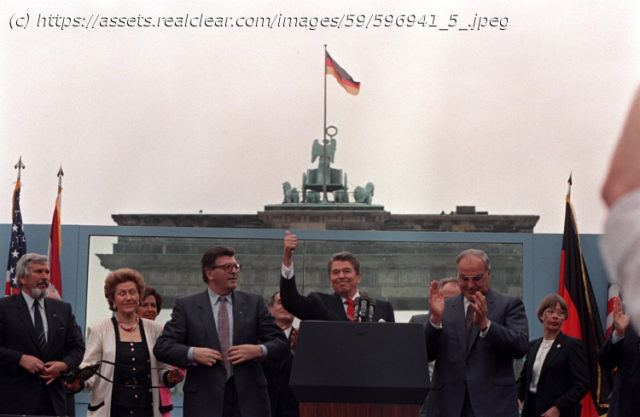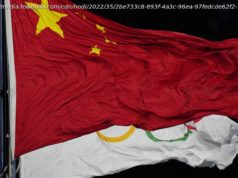Array
Despite the partisan enmities coursing through the American body politic, right and left in the United States have been converging over the last three years in their baleful assessment of the People’s Republic of China’s conduct and aims. Like the Trump administration, the Biden administration views China as an authoritarian state and strategic competitor. And, according to a growing consensus in Congress, to the detriment of American security, freedom, and prosperity, Beijing advances authoritarian norms and goals to reshape world order.
The China challenge differs in crucial respects from the Soviet challenge. To name one: The Communist Party of the Soviet Union held approximately half of Europe captive for almost five decades and specialized in exporting weapons and communist revolution around the world. In contrast, the Chinese Communist Party – notwithstanding its formidable military, its crushing of freedom in Hong Kong, and its threats to seize Taiwan – is largely content to let peoples and nations govern themselves. Instead, it uses its enormous commercial might and the lure of its vast consumer markets to snare other countries in relations of dependence and subservience.
At the same time, the Cold War-era CPSU – like today’s CCP, and consistent with the Marxist-Leninist tenets that they share – regarded itself as locked in an inexorable struggle over the shape of world order with the free, democratic, and capitalist West. Since Ronald Reagan played a decisive role in leading the United States to victory over the Soviet Union in the Cold War, it stands to reason that his diplomatic legacy offers lessons about dealing with contemporary China, another authoritarian great power driven by the communist conviction that rights-protecting democracies must be overcome.
One would be hard-pressed to find a better guide to Reagan’s foreign policy achievements than William Inboden’s recent book, “The Peacemaker: Ronald Reagan, The Cold War, and the World on the Brink.” Inboden is executive director of the Clements Center for National Security and associate professor of public policy and history at the LBJ School of Public Affairs, both at the University of Texas at Austin. His superb history of Reagan’s tumultuous eight-year presidency makes for riveting reading. In measured but lively prose, Inboden provides a blow-by-blow account of a White House buffeted by internal dissension and rocked by one geopolitical crisis after another. He also furnishes a subtle study of Reagan’s “strategic vision.”
Reagan viewed nearly all U.S. foreign policy through a Cold War lens. From China and Taiwan to Nicaragua and El Salvador, from promoting freedom, democracy, and human rights to cooperating with right-wing authoritarians, from America’s disastrous intervention in Lebanon to its well-executed operation in Grenada – his every move abroad took into consideration the global chessboard. In Reagan’s estimation – as in the Kremlin’s – the global chessboard pitted the U.S.-led free world against the communist world led by the Soviet Union.
In generous moments during Reagan’s presidency, America’s foreign policy establishment’s best and brightest – along with most scholars and journalists – derided him, in Democratic Party wise man Clark Clifford’s words, as an “amiable dunce.






